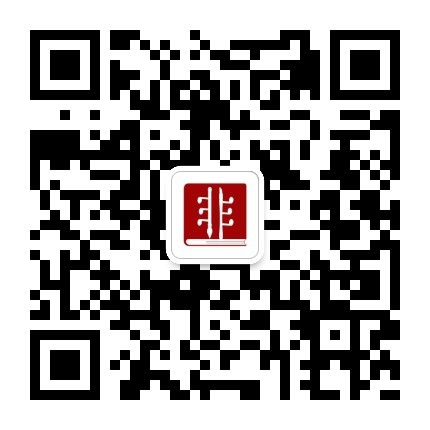【非洲· 摩洛哥】地中海饮食 The Mediterranean diet(2013)
2017-05-03 14:42
地中海饮食代表着一整套技能、知识、操作和传统,是从农作物种植、收获、打渔、保鲜、加工、制作以及最终的享有食品这样一个从大自然直到饭桌的整个过程。地中海饮食的特点是,它的营养模式在历经时间和空间的变化后依然保持自己固有的特色:如使用橄榄油、谷物、新鲜或干水果和蔬菜、适量的鱼和奶制品以及肉类、大量的调味品和香料;以葡萄酒或茶佐餐;始终尊重每个社区的信仰。实际上地中海饮食(来自希腊语diaita,或指生活方式)包含的不仅仅是食物,它对社会互动也起到了促进作用,因为社区饮食是社会风俗和节庆活动的基石。它为知识、歌曲、格言、故事和传说添砖加瓦。地中海饮食系统是对土地海洋和生物多样性的尊重,也是对地中海社区渔业和农业中的传统活动与技能的保护和促进。比如西班牙的索里亚(Soria)社区、希腊的克罗尼(Koroni)社区、意大利的奇伦托(Cilento)社区和摩洛哥的舍夫沙万(Chefchaouen)社区就是这方面的例子。妇女在传播专业知识、礼仪知识、传统姿势与庆祝活动方面以及保存技术方面具有极为重要的作用。
The Mediterranean diet represents a whole set of skills, knowledge, operations and traditions, from cropping, harvesting, fishing, preserving, processing, making and ultimately enjoying food, from nature to the table. The Mediterranean diet is characterized by its nutritional model that retains its inherent characteristics after time and space changes: such as the use of olive oil, cereals, fresh or dried fruits and vegetables, moderate amounts of fish and dairy products, and meat, large quantities. Seasonings and spices; wine or tea; always respect the beliefs of each community. In fact, the Mediterranean diet (from the Greek diaita, or lifestyle) contains more than just food, it also promotes social interaction, because community diet is the cornerstone of social customs and festivals. It adds to the knowledge, songs, maxims, stories and legends. The Mediterranean diet system is a respect for the oceans and biodiversity of the land and is a protection and promotion of traditional activities and skills in the Mediterranean community's fisheries and agriculture. For example, the Soria community in Spain, the Koroni community in Greece, the Cilento community in Italy, and the Chefchaouen community in Morocco are examples of this. Women play an extremely important role in the dissemination of expertise, ritual knowledge, traditional postures and celebrations, and preservation techniques.

